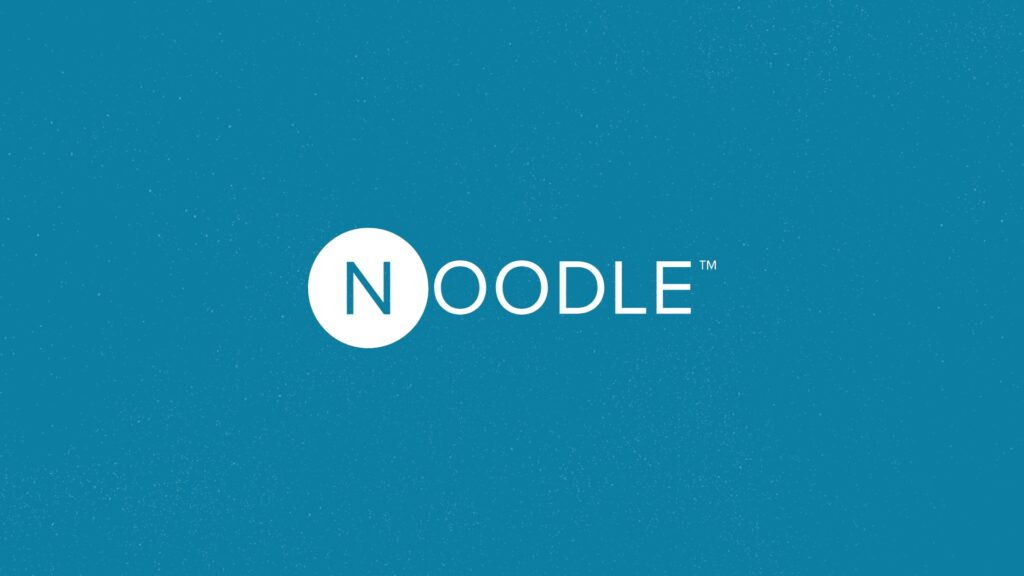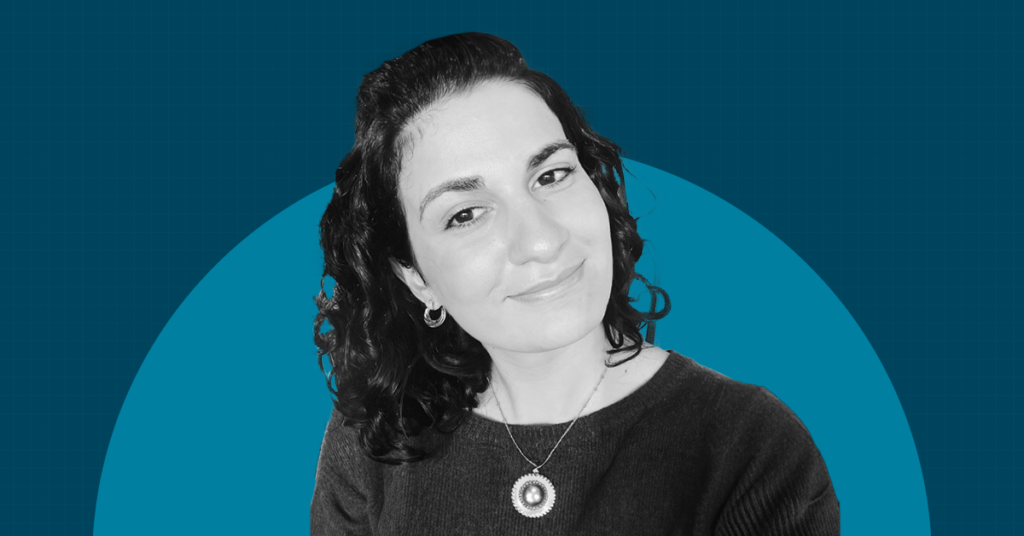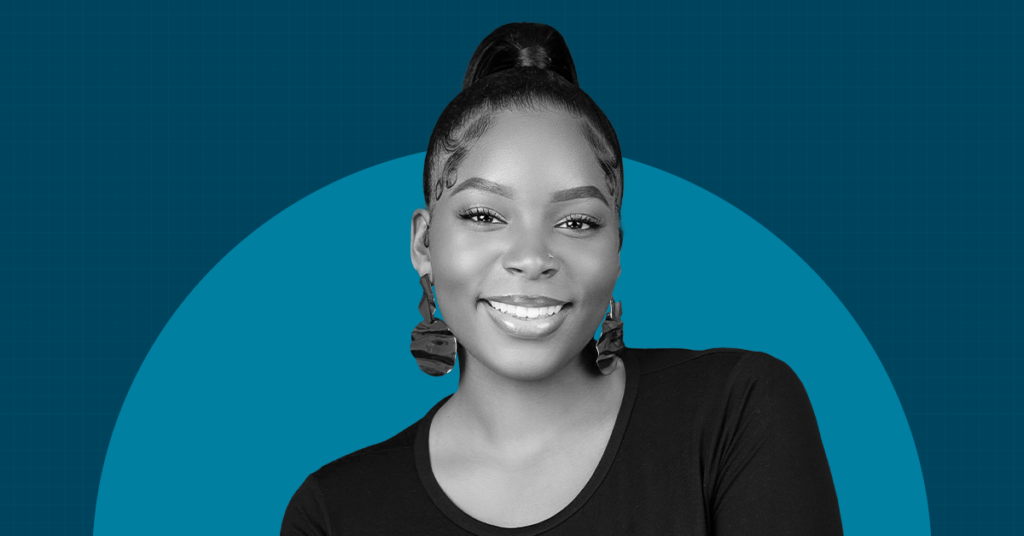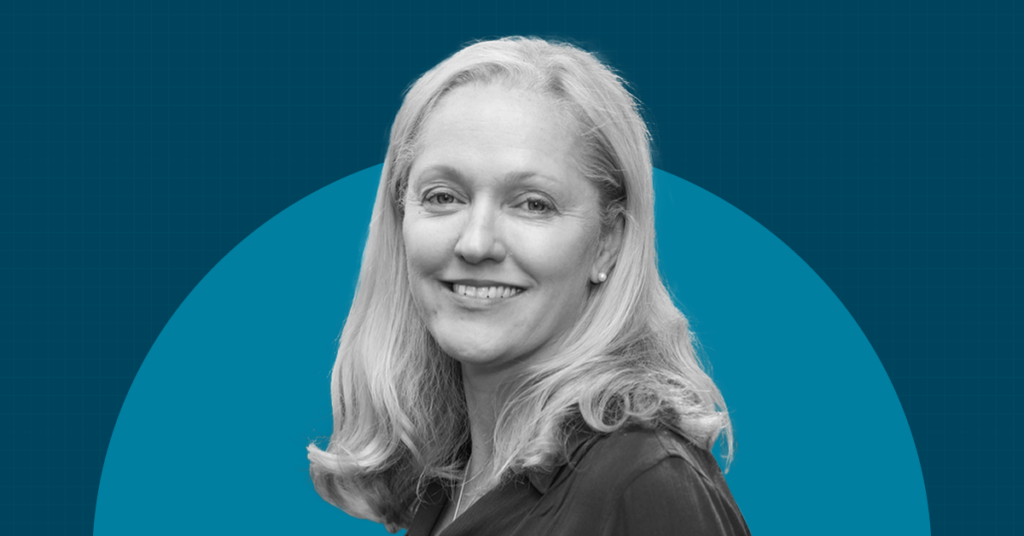Get to Know Noodle’s Learning Partnership Director, Elissa Lappenga
I think a great leader has a diverse toolbox at their disposal, knows which skills should be used in any given context, and–most importantly—has the courage to use them.
Elissa Lappenga is Noodle’s Learning Partnerships Director. Originally from Holland, Michigan, a city founded on land historically stewarded by the Potawatomi, Odawa, and Peoria nations, she has also spent a significant amount of time in Los Angeles, CA. Elissa completed her undergraduate studies at Hope College and also earned her Masters of Education at UCLA. She shares that she has been drawn to working in education as a way to remove barriers for people. This could look like helping develop knowledge or skills and also advocating for systemic change. Here at Noodle, Elissa supports her team’s work with university partners to design and improve online programs through her ability to lead and bring out others’ unique skills to create success.
What elements or traits does a great leader exhibit?
I believe leadership is contextual and the traits required to lead depend on the situation in which leaders find themselves. In times of crisis, a leader may need to be decisive, directive, and action-oriented. When things are going well, a leader has the opportunity to reflect on what’s working and needs to be protected or listen to what their people see coming down the road that could get in the team’s way. I think a great leader has a diverse toolbox at their disposal, knows which skills should be used in any given context, and–most importantly—has the courage to use them.
When you think of great leadership, who comes to mind? Why?
I definitely think about world leaders like Nelson Mandela and Jacinda Ardern who have been models for navigating really challenging situations with grace. I also think about leaders who made a difference in smaller spheres like Connie Rice in Los Angeles, Katherine Johnson at NASA, and John Wooden at UCLA. They’re just a few examples of people who showed up to do their work really well every day and made a lasting impact because of it. I think consistency and dedication are important aspects of leadership.
How has your personal leadership style evolved?
Early in my career I thought I could only lead my team well if I had everything figured out and knew the answers. Over the years I have learned that my team is stronger when everyone’s unique skills and understanding are leveraged to solve problems. My job as a leader is facilitating that process, drawing out that wisdom and making sure that nothing stands in the way of the team’s success.
What is it about your background or career experiences that successfully positioned you for your role at Noodle? Describe that role.
My current role is Learning Partnerships Director and in my role I get to work with our university partners to design, implement, and iteratively improve upon high quality online programs. My career path has varied, but there is a thread of program design/development running through most of it. I have designed and implemented education programs for nonprofit organizations, universities, and even a software company so I have a good sense of what helps learners from all walks of life succeed. I also had the opportunity to manage academic affairs for university departments along the way, which helps me understand and support our program directors well.
How do you support the success of your team?
The best way to support my team is to be crystal clear about what success looks like and then make sure they have everything they need to reach the goal. It’s important to know my team well and to see their unique strengths, so when we face a new challenge I can call on the best people to help overcome it. This also means recognizing that I may not be the best person to support every need on the team. If I recognize an area of potential growth in one of my team members, I can ask someone who has strength in that area to share what they know and support them.
Describe how your career has been enhanced by exposure to diverse people, places or experiences.
I believe the world looks different to everyone and a big part of how we experience it is due to the people we’re connected to. Every time I meet someone whose identity and/or experiences are different from mine, my world gets bigger and more detailed. My experiences living in Los Angeles, working with students from all over the world, and working for companies with global customer bases have had a profound impact on the way I see the world. In my career this has allowed me to engage in projects with better empathy for the people impacted by them and to also appreciate that my particular way of approaching a problem is rarely the only way or the best way.
What are some of the most effective tools in your leadership arsenal?
I find that I can save a lot of time and energy for myself and others by listening deeply to the folks I’m working with. Listening helps me make sure I understand what they’re saying. When I do this well, I’m able to put energy toward solving the right problems. When I know my team and their capabilities better, I earn the trust of those whose help I need to get the work done.
Please tell us something about yourself that people would be surprised to learn.
Because I’m tall, folks who meet me in person are often surprised to find that I’m terrible at sports like basketball and volleyball. Sadly, I have zero coordination. However, I’m a great team pick for word games like Taboo and Catch Phrase! I’m also always happy to get something off a high shelf for someone.



